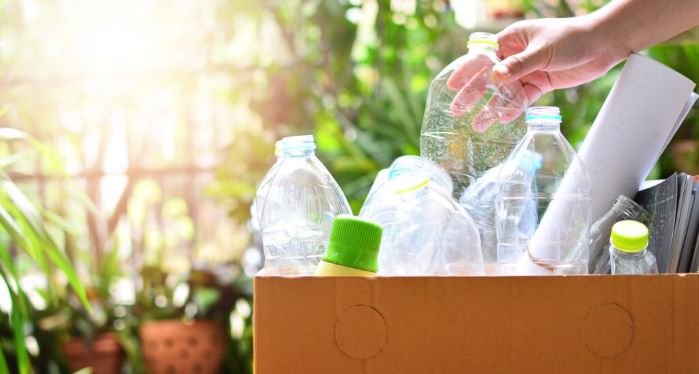Will chemical recycling replace mechanical recycling?

The complementarity of recycling technologies and an enabling legislative framework are crucial to accelerate the pace for more circularity in Europe. This is one of the key messages from the International Conference Greater Energy and Material Security in EU Countries, in Prague, on September 22nd, organised by the Czech Association of Circular Economy (ČAObH) and the European Waste Management Association(FEAD).
If the question “Will chemical recycling replace mechanical recycling?” still echoes in some debates, the answer coming from this exchange in Prague is that, on the contrary, the recycling solutions are complementary to one another. If plastic waste streams are not suitable for mechanical recycling, chemical recycling can be a more sustainable solution than incineration or landfill of plastic waste.
As highlighted by Martin RŮŽIČKA, from the Research and Development Section of Unipetrol, a member of an oil processing and petrochemicals group in the Czech Republic: “with chemical recycling, we can produce virgin quality plastics that sometimes could be a limitation of mechanical recycling, for example, in the food and pharmaceutical industries. However, compared to mechanical recycling, the chemical recycling technologies are still in their starting phase, meaning there is a lot of room for R&D activities”.
According to Aurel Ciobanu-Dordea, Director of Circular economy at Directorate-General for Environment, European Commission: “Even in situations of economic scarcity, even if chemical recycling has an energy and environmental footprint which is quite significant, the benefits may outweigh the negatives. It is better to use raw materials from chemically recycled products, than import fuel or oil to produce. It also complements other recycling methods by delivering higher quality food grade packaging, for example”.
In addition, the Commission Director mentioned that discussions with Member States are ongoing about the calculation rules of recycled content, through an implementing act under the Single Use Plastics Directive. The first phase focuses on mechanical recycling, while a second phase, planned for this winter, will address chemical recycling.
Recycling methods in line with better results in Life Cycle Assessment (LCA)
There is no controversy that plastic waste should be treated and recycled in a way that environmental footprints are taken into account.
“If there is an easy way to recycle mechanically, we should recycle mechanically. Now the challenge we have is that, if only between 15% or 20% of plastic waste is recycled, for the rest of it we need to look what’s better from a LCA perspective. In general, it’s via chemical recycling. Certainly, we do not want landfilling, and neither incineration”, mentioned Annick Meerschman, Cefic Innovation Director who also highlighted that there is not only one recycling technology, but a mix of different technologies that should be analysed from an LCA perspective
What is the way forward?
According to Aurel Ciobanu-Dordea, it is not about increasing the waste recycling targets and adding new obligations, it’s about ensuring we meet the existing ones. “We are worried to see that more than half of the member states underperform under the existing obligation”, alerted Ciobanu-Dordea. “We need to think about implementation and making sure that the reality follows the legislation, what is crucial for our credibility as a Union in the eyes of our own citizens and economic operators”, he continued.
On a final note, Zbyněk Kozel, CEO of EKO-KOM, a company for packaging waste collection and recycling system in the Czech Republic, stressed the need for new recycling technologies. “We should look for different ways of recycling for different products. For example, multi-layer packaging for food, if you avoid some of these materials, you are simply shortening shelf-life of the product, and in case of the food production this translates into food waste. When feasible by regulatory measures and economic measures, chemical recycling can bring solutions to some of these issues.”, Kozel concluded.
Subscribe to our newsletter & stay updated.